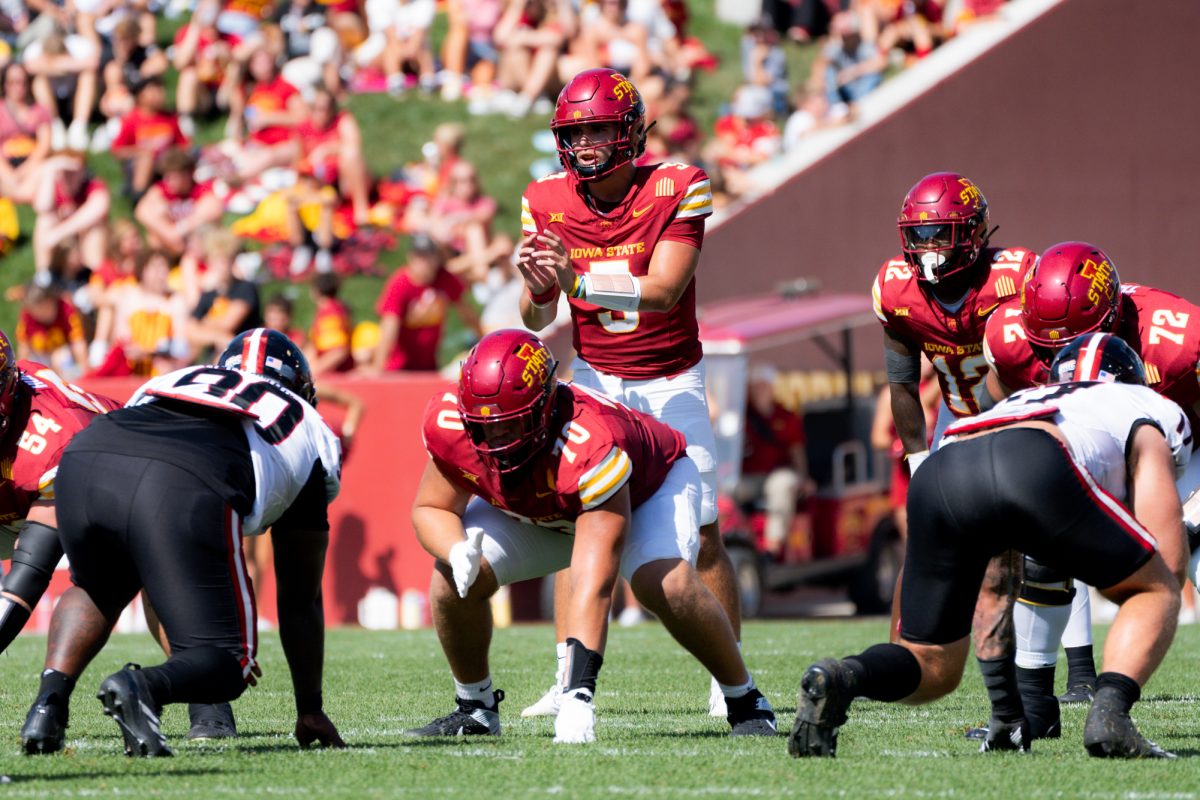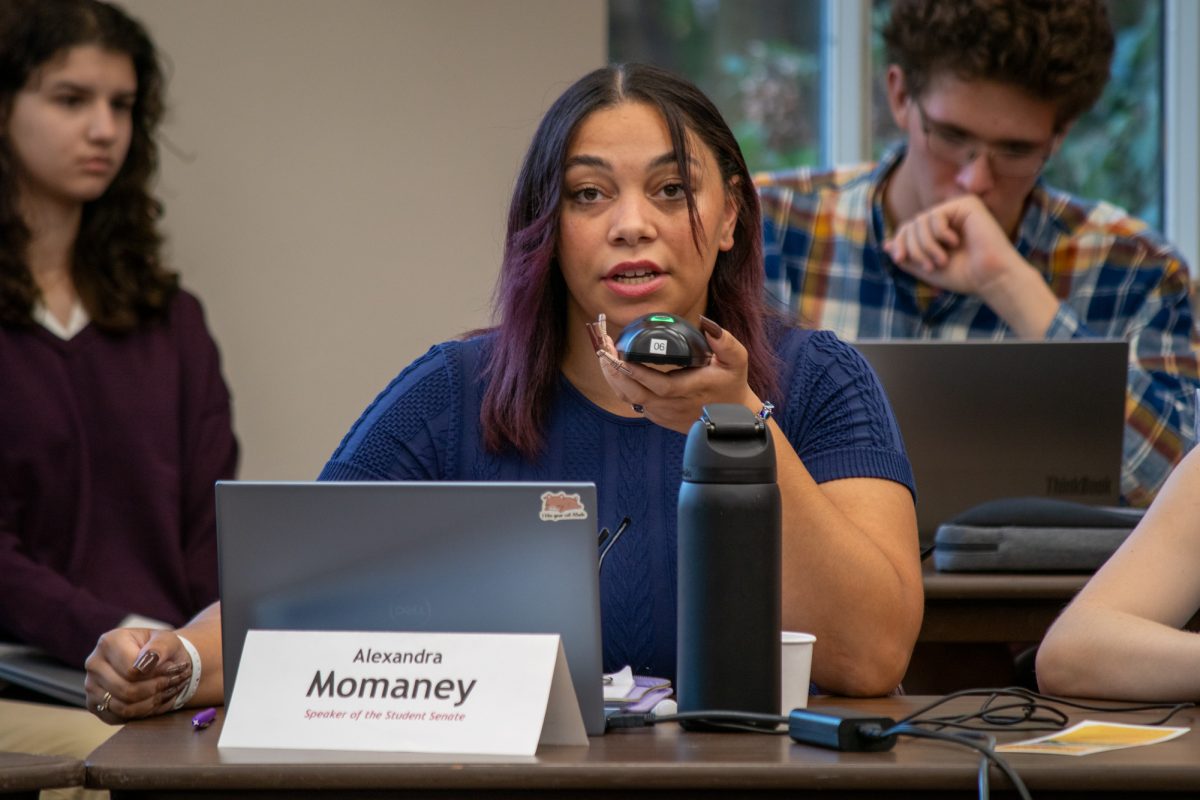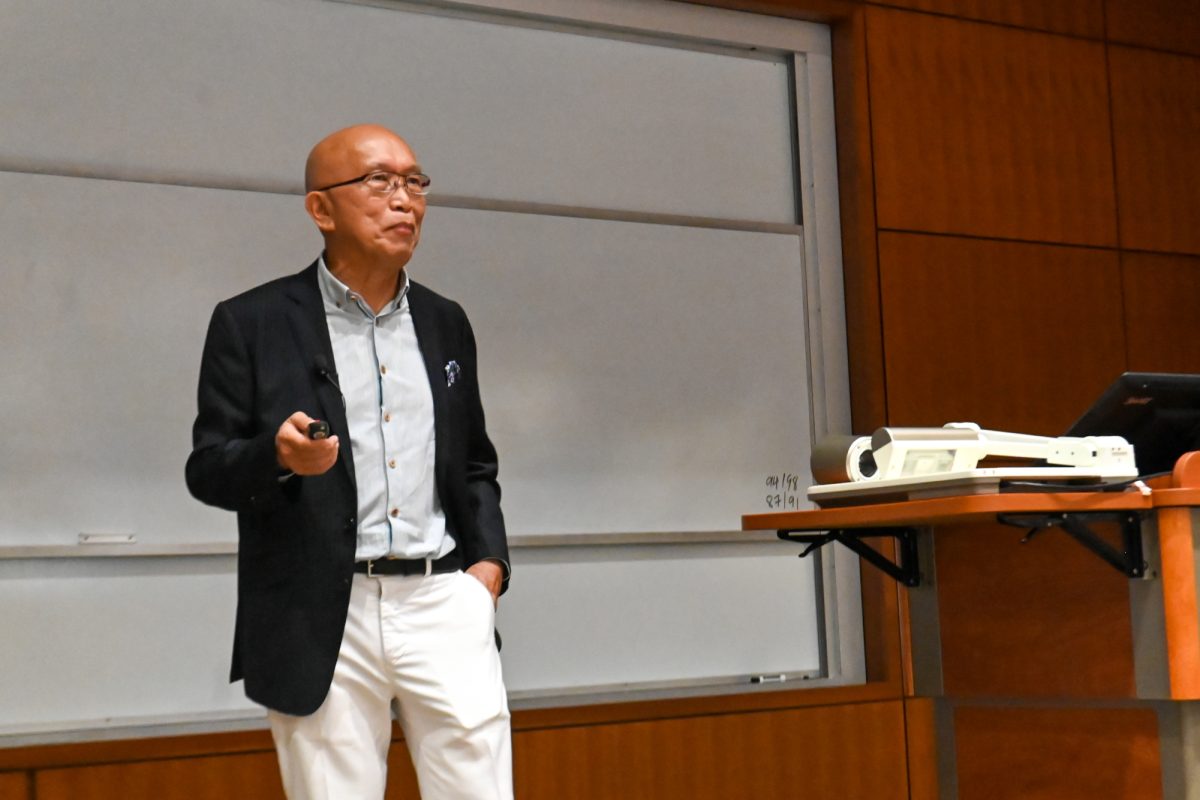President Clinton saved the radio star
February 7, 2000
Daily Columnist
Two weeks ago the FCC voted to create two new classes of noncommercial low power FM radios which have not existed in over 20 years. LP100 will have a service radius of about 3.5 miles and LP10 will have a radius of about 1-2 miles. The new stations can be established for as little as $1,000 since they do not require an antenna tower.
This is an excellent decision that has the potential to give voice to alternative kinds of music, changing the music industry for the better.
It comes at a time when radio stations and record labels are consolidating and compromising opportunities for new movements in music.
As glad as I am to see this decision, the whole thing seems to be manna from heaven.
Although a handful of people have been lobbying for some time, the cause hasn’t had much media play.
The National Association of Broadcasters, a powerful lobbying force, failed to delay the Commission’s vote and was beaten by a grass-roots coalition of churches, schools, musicians and pirate stations.
The most notable musicians were Bonnie Raitt and the Indigo Girls — not exactly political dynamos.
The basis of the NAB’s complaint is that the micro-stations will cause interference with the signals of commercial stations.
According to their spokesman, Dennis Wharton, “the FCC has come up with a way to confound the laws of physics.” Their complaint could also be interpreted that if people listen to a noncommercial station, they won’t have to listen to commercials all day.
Since lobbying almost always trumps altruism in Washington, I decided to look into this further.
The FCC is comprised of five commissioners who are appointed by the President and confirmed by the Senate.
The commissioners serve a five-year term. Only three can be from the same party, and none can have a financial interest in any FCC matters. Since 1997 the commissioners have all been Clinton appointees.
Commissioners William Kennard, Susan Ness and Gloria Tristani were for the action, Michael Powell dissented in part and Harold W. Furchtgott-Roth dissented.
In Furchtgott-Roth’s dissenting opinion he points out that “this entire proceeding has been marked by a rush to judgment.”
He says “such action harms existing license holders, while producing very little in the way of countervailing benefits.”
It is clear from his statement that he doesn’t consider variety or outlet for subcultures to be a “countervailing benefit.”
He is quick to point out that no 100 watt stations could currently fit in ten U.S. cities, but avoids mentioning whether 10 watt stations could fit.
He then goes on to use bureaucracy is an argument against small stations.
He claims that if someone really wanted to operate a 50 watt station, they could fill out a wavier for the 100 watt rule, and no one has ever done that indicating a lack of interest. However, the FCC low power FM FAQ web page received 15,000 hits in 1998, not counting inquiries by phone or letter.
He also states that “low power operators will spend more time attempting to figure out what Title 47 of the Code of Federal Regulations requires of them than they will spend broadcasting.”
Interestingly, before becoming an commissioner he was Chief Economist for the U.S. House Committee on Commerce during a Republican majority.
Before Michael Powell became a commissioner he was Chief of Staff of the Antitrust Division in the Department of Justice for a year, which is reflected in his dissenting in part statement.
He says that the Commission should not only be worried about interference, but also the “erosion of economic viability” of small commercial stations that are competing against larger stations, which was ignored in deliberations.
He cites a precedence for considering economics which was ignored in this deliberation.
On interference Powell says “I must confess that I have no clear idea as to whether or not existing broadcasters will suffer intolerable interference.”
He says numerous reports used similar methods but differed only in what they believe is “acceptable” interference.
What we can infer from the statements of Furchtgott-Roth and Powell is that this is a highly subjective issue, and, more importantly, it seems this decision may have been rushed and less thorough than usual for the FCC.
I find it hard to believe that the fear of Bonnie Raitt hastened this decision, especially given the power of the NAB. It seems that President Clinton is the most likely force behind the decision.
It is often reported that Clinton worries a lot about his place in history.
With the Gore campaign distancing themselves from the president and less than a year to go, Clinton may be free to covertly institute some changes before he leaves office.
Hopefully we will see more of this in the coming months.
Erik Hoversten is a senior in math from Eagan, Minn.






